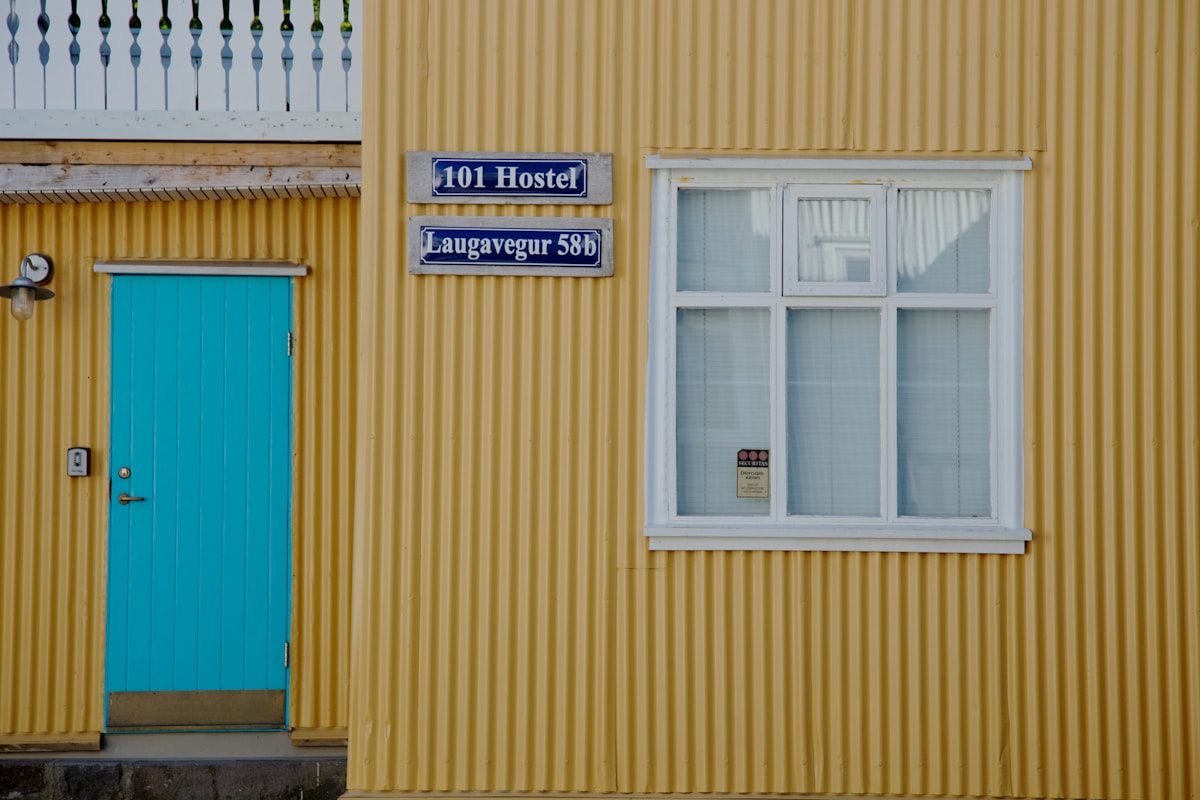Back to Industry News
General
Swedish Businesses Face Bankruptcies Amid Economic Pressures
Summary generated with AI, editor-reviewed
Heartspace News Desk
•Source: Dagens industri

Photo by Paolo Chiabrando on Unsplash
Stay updated on stories like this
Key takeaways
- Sweden's business sector is currently navigating a complex landscape marked by economic instability, evolving sustainability requirements, and demographic changes
- Government agency Tillväxtanalys reports that 5,881 companies have filed for bankruptcy this year
- While this figure is comparable to the same period last year, it has affected ten percent more employees
Sweden's business sector is currently navigating a complex landscape marked by economic instability, evolving sustainability requirements, and demographic changes. Government agency Tillväxtanalys reports that 5,881 companies have filed for bankruptcy this year. While this figure is comparable to the same period last year, it has affected ten percent more employees. Notably, June alone saw 966 businesses close, impacting over 2,600 individuals. This trend is attributed to rising costs, economic uncertainty, geopolitical tensions, and a cautious market, with small businesses and sole proprietors bearing a disproportionate burden.
In response to these challenges, alternative entrepreneurial models are gaining momentum. Stephen Schad, CEO of Frilans Finans, expressed concern that the risk of personal financial ruin could discourage prospective entrepreneurs. Self-employment services are being promoted as a low-risk avenue for validating business ideas. These services handle administrative tasks, contracts, and legal obligations, thereby protecting individuals from personal bankruptcy.
Concurrently, the energy sector is experiencing significant innovation in sustainability. Preem's Redefine HVO100 has earned the Svanenmärkning (Nordic Swan Ecolabel), becoming the first liquid fuel to do so. This distinction signifies at least 75 percent lower greenhouse gas emissions compared to fossil fuels and the use of sustainable, traceable raw materials, explicitly excluding palm oil. This biofuel offers the potential to reduce emissions by over 90% when compared to traditional diesel. In a related development, a Skandia report advocates for workplaces to adopt 'blue zone' principles. This approach emphasizes preventative health measures to cultivate sustainable work environments, thereby promoting longer employee retention, particularly relevant in the context of an aging population.
Related Topics
Swedish businesscompany bankruptcieseconomic pressuresustainabilitydemographic shiftsentrepreneurshipgreen fuelworkplace health
Never miss stories like this